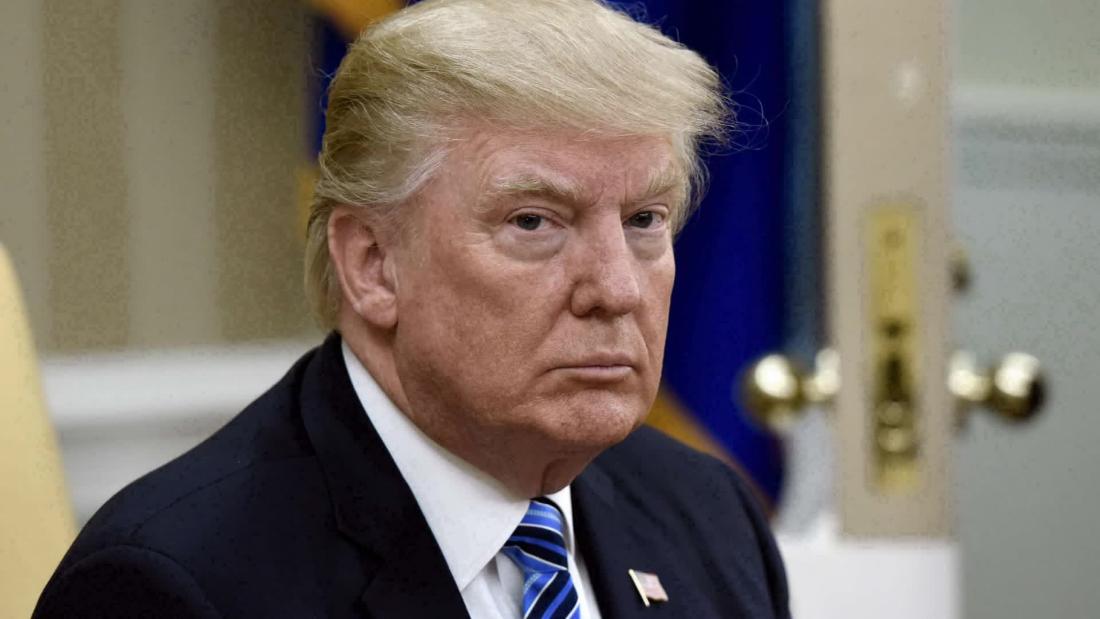
The issue at hand is "misinformation" -- false information that is spread regardless of the intent of the person. We know how business incentives and the technological structure of social media, combined with the innate human tendency to seek novelty, can lead to greater amplification of false information. Consequently, the real question for the Oversight Board is whether Trump has done real harm with his social media presence -- regardless of his intent.
Throughout the pandemic, variously emulating a physician, epidemiologist and public health expert, Trump was a fount of misinformation. Probably his worst bits of misinformation were suggesting researchers study the injection of bleach to fight coronavirus (which he later said was just sarcasm), that Covid would "just disappear" with warmer weather and that hydroxychloroquine might prevent Covid-19. This latter claim led some uninfected people to hoard the drug, take it, and tragically caused at least one person to die from an overdose.
Trump also repeatedly spouted misinformation on Facebook. The liberal media monitoring group Media Matters for America, a nonprofit media watchdog, counted over 500 Trump posts from 2020 on Facebook containing Covid-19 misinformation, ranging from downplaying the severity of the pandemic to unproven treatments. And these posts were noticed -- there were over 84 million reactions from Facebook users. Indeed, a Cornell University study concluded that no individual has done more to undermine the pandemic public education effort than Trump.
In the case of the pandemic, Trump's misinformation does not have benign consequences. Applying a method I published in JAMA in October, I calculate that between May 2020 and when Trump left office in January 2021, the US had over 200,000 more per capita deaths than Israel, 176,000 more deaths than Germany, and 130,000 more deaths than France. These excess deaths are a result, at least in part, of the way the Trump administration handled the virus -- and shared misinformation about it.
The US is in a race to get enough people vaccinated to achieve herd immunity. The easy part is done -- those eager and willing to do almost anything to get vaccinated mostly have been. Now we are confronting the "last mile" problem. We probably will not convince a portion of the 26% of Americans that a CNN poll found won't take the vaccine. And, critically, there are still many Americans who are skeptical and worried about side effects. And then there are others who are making decisions based on convenience, thinking the vaccine's benefits aren't worth an hour of time and a potential day of being under the weather. Both groups could be swayed by misinformation to delay getting their shot.
According to the experts, it's the critical groups that need to get vaccinated who are especially susceptible to misinformation, such as rural Trump supporters. While Trump is on the record encouraging people to get vaccinated, he continues to cast doubts by invoking conspiracy theories such as the FDA's "love for Pfizer" leading to the suspension of the J&J vaccine.
When one person is exposed to a false claim about the vaccines, it spreads within his or her social network, sowing suspicion and more hesitancy. This could help to explain why vaccination rates have dropped from 3.4 million per day in early April to under 2.3 million now. Meanwhile, we are seeing increases in cases in Alabama, Missouri, Wyoming, Oregon, Nevada, Arizona and other states in the south and west. Mortality rates are still elevated, with about 700 Americans dying per day, and younger people increasingly getting more severe illness. Any setbacks that increase vaccine hesitancy have the very real effects of increasing Covid-19 cases and deaths.
We can see the Trump misinformation effect in the political divide among those interested in vaccines. Polling shows that about 33% of the general public won't get the vaccine or are unsure if they will. But when looking at Trump supporters, that number increases to 49%. Republican pollster Frank Luntz, who has done focus groups and polling on Covid-19, found resistance among Trump supporters hardening against being vaccinated. "(Trump) wants to get the credit for developing the vaccine," Luntz told the Washington Post. "Then he also gets the blame for so few of his voters taking it."
Nothing has suggested that Trump has changed his misinformation activities since being excluded from Facebook after the January 6 riot at the Capitol. If part of the Oversight Board's criteria for screening and prohibiting certain individuals from Facebook is their habitual tendency to spread dangerous, life-threatening misinformation, then surely Trump has doomed himself. For the sake of the health of the country -- speeding vaccination of the country and thereby reducing Covid-19 — we urgently need to end misinformation. And that means Facebook should make Trump's ban permanent.
"Opinion" - Google News
May 06, 2021 at 09:14AM
https://ift.tt/3tigG7H
Facebook should make Trump's ban permanent - CNN
"Opinion" - Google News
https://ift.tt/2FkSo6m
Shoes Man Tutorial
Pos News Update
Meme Update
Korean Entertainment News
Japan News Update
No comments:
Post a Comment